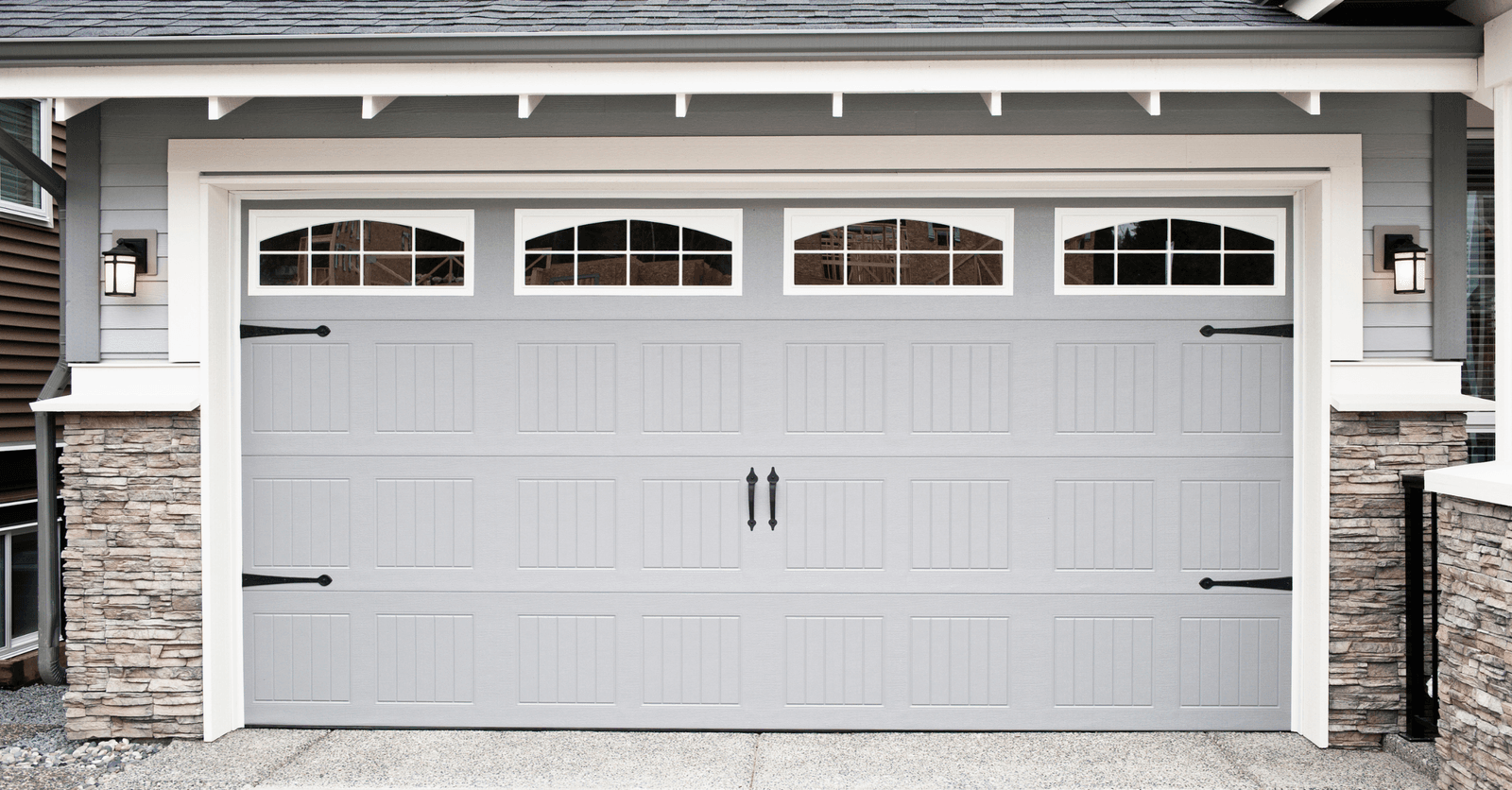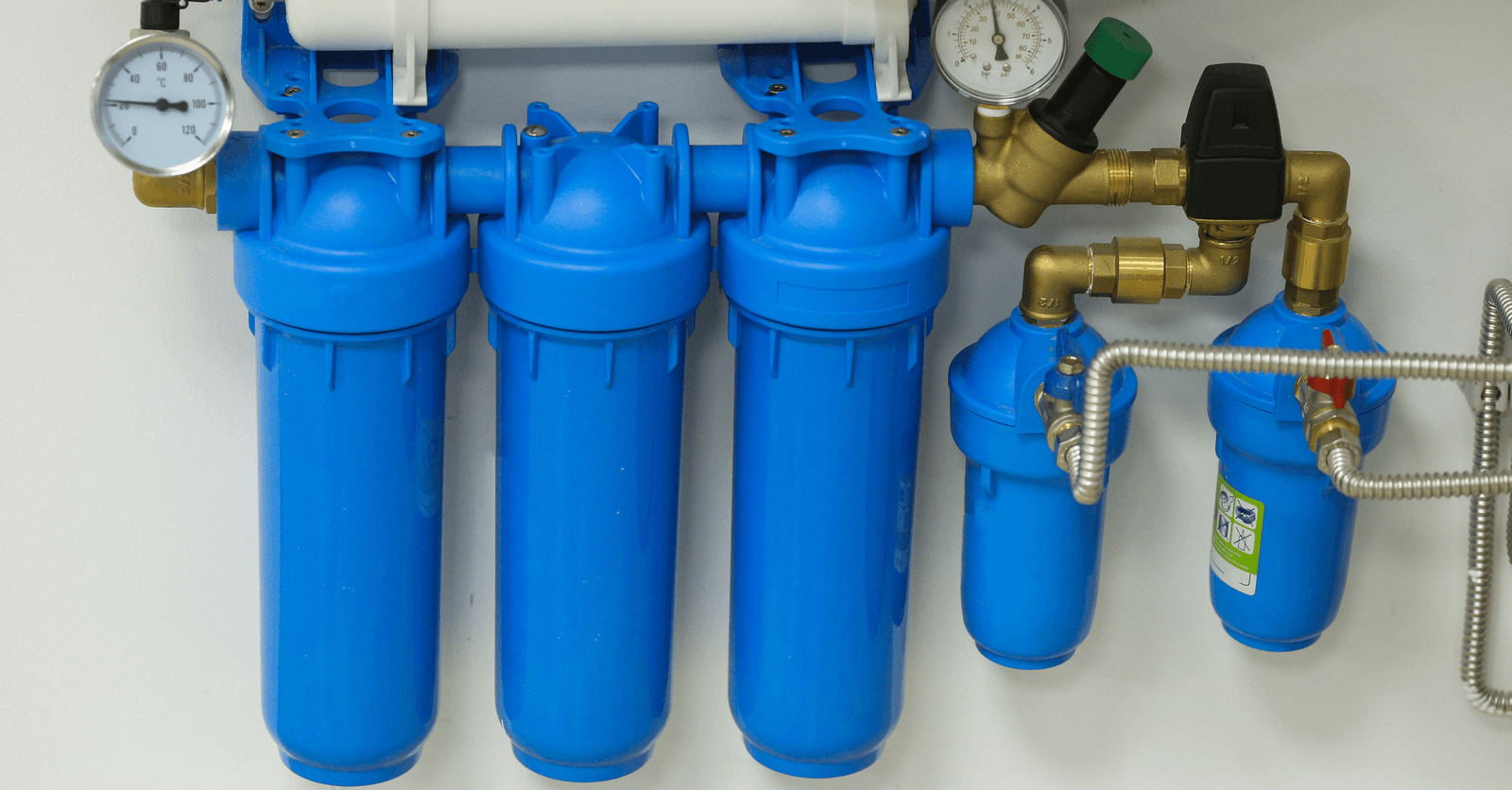Water Supply Pipe Insulation: A Necessary Measure
By Editorial Team
Updated on September 13, 2024

Insulating water supply pipes is a necessary measure that'll help protect pipes from freezing, bursting, or leaking. By insulating your pipes, you’re ensuring the safety and well-functioning of your home or business during the wintertime. It also helps reduce losses and improves the overall system.
Water Pipe Insulation R- and RSI Values

Source: Canva
The R-value measures a material’s resistance against thermal fluctuations. The higher the R-value, the more the material in question is thermally efficient. By way of this article, we’re going to delve into the recommended values for household water supply pipes.
The RSI value measures a material’s resistance against thermal fluctuations in terms of its density. The higher the RSI value, the more the material is thermally efficient for a given density.
LEED certification recommends an RSI value of 0.7 (R-4) to insulate the piping network of household water heaters. To properly insulate 90-degree angles, make sure to use the right type of insulation material in the piping’s every nook and cranny. Oftentimes, water heaters are already insulated, however, you can definitely improve it. On the other hand, insulating water supply pipes is a slightly more complex undertaking.
Cold water supply pipes don’t normally have a preferred R-value, but insulation is nonetheless recommended to prevent condensation, which stems from ambient humidity forming along the walls of cold pipes. That way, materials are protected against water-related deterioration.
Water Supply Pipe Insulation Materials Available

Source: Canva
There are a few things to consider when it comes to choosing hot water pipe insulation. The first is climate: If you reside in an area where temperatures are extreme, you should choose an insulation material that can withstand the latter. The second is the type of pipe: If you have copper pipes, you should select an insulation material that won’t respond negatively to metal. Lastly, consider the costs associated with the purchase of insulation and its installation.
The best water pipe insulation materials differ based on several factors, such as location, type of household pipes, and the reason behind wanting to insulate. Pipe insulation materials such as fibreglass are best used for piping exposed to warm temperatures, while foam and rubber are more conveniently used for cold water pipes, but these materials will also work with hot water pipes.
When it comes to your project, to help you make the best decision, we’ll go over the most sought-after pipe insulation materials, explain how best to use every material, and where they’re best installed so that you can subsequently choose those that best meet your needs and budget.
Household potable water supply pipes are usually responsible for thermal losses. As such, you definitely have to take a moment to corner to issue before it becomes a burden. Hot water copper piping is responsible for thermal losses in walls and under floors.
Hot water supply pipe insulation protects against extreme temperatures. Doing so is also beneficial when it comes to reducing pipe condensation, especially in enclosed spaces, such as attics, store rooms, and finished basements. The question remains, What’s the best type of insulation for hot water supply copper pipes? We’ve done a bit of research in regard to this matter to give you the best possible answer.
There are four types of insulation materials that can be effectively used with copper water supply pipes. These are:
Rubber insulation;
Polyethylene foam;
Fibreglass insulation;
Mineral wool insulation.
Keep in mind that pipe insulation comes in many different forms. No matter the insulation material you choose, you’ll be able to find such materials pre-shaped, in cylinders, to perfectly fit around a pipe. Most pipe insulation materials are less than 10% efficient.
Overall, you’ll note that most of these insulation materials are rather cheap, though some are a bit more expensive. The best material to use will naturally depend on the size of your hot water pipes and your budget.
Pipe Insulation Pricing

Source: Canva
You can purchase pipe insulation materials from your local hardware store or in large arts and crafts stores. When purchasing, make sure that you have the pipe dimensions on hand to only buy the necessary amount needed to cover your piping network.
Pipe insulation prices vary depending on the type of insulation material used, as well as the pipe’s length and circumference. For example, a 1-inch thick, six feet long fibreglass insulator can cost about $6, however, a foam insulator of the same size can cost about $8. The price can also vary depending on the pipe itself, whether it supplies hot or cold water.
Albeit pipe insulation materials can be quite a financial investment, the benefits greatly outweigh any downside. The total cost, per linear foot, for pipe insulation materials, is between $1.10 to $11, which includes the materials ($0.20 to $3 per linear foot) and labour costs ($0.90 to $8 per linear foot). Consequently, for 100 feet of piping, you could pay anywhere between $110 to $1,100. Once again, the price ultimately depends on the type of insulation material you choose.
Although hot water copper pipes don’t necessarily need to be insulated, doing so does have its advantages. Listed below are the most important.
Benefits of Temperature Regulation
Note that insulating indoor and outdoor piping reduces thermal losses, which is especially important in regions where extreme temperatures are a commonality. Household pipes are responsible for water flow throughout the entire dwelling, which means that the temperature of said pipes can vary at any given time.
Stunts the inefficient use of energy
Pipe insulation very much decreases the inefficient use of energy. You can even note a depletion of your energy-related costs and a slower wait time for hot water delivery to your bathtubs and sinks.
Reduces condensation
Condensation naturally occurs when the external surface of plumbing pipes is colder than that of the ambient air. To lessen the chances of condensation forming on pipes, adding insulation around the outer section of the pipes is a must. Without insulation, metal pipes can leak, corrode, and rust. Adding pipe insulation is also a useful must-have in other areas of your home, like in the laundry room or bathroom, ensuring no injuries can occur upon skin contact with very warm or very cold pipes.
Shields from a bursting pipe
If you live in an area that’s subject to extremely cold weather during the wintertime, surely you’ve heard stories about pipes bursting, or you’ve experienced it first-hand. Adding insulation around your hot water supply pipes can reduce the risks of said pipes bursting. The layer of insulation protects the pipes from freezing and allows them to resist cold temperatures for longer periods of time.
Slight soundproofing of pipes
It’s a known fact that plumbing can, at times, emit strange noises with debris and water flow. Most often, the noise is a direct result of mismeasured piping, as pipe networks must be installed according to a specific slope. However, soundproofing household pipes by wrapping dense insulation material around them, such as foam or rubber is rather easy.
Keep in mind that it’s important to call in professionals to add insulation around your pipes. These experts will be able to guide you when it comes to choosing the right material for your needs!
Get 3 quotes for your water supply pipe insulation project
Renoquotes.com can help you get quotes for your water supply pipe insulation project. By submitting your project, we’ll put you in contact with top-rated contractors. Fill in the form on the homepage (it only takes a few minutes), and you will get estimates from trusted professionals.
Dial 1-844 828-1588 to speak with one of our customer service representatives.
Looking for something else?
Related articles
The latest industry news, interviews, technologies, and resources.

Cynthia Pigeon
•13 Sep 2024
When you think of it, a garage is a room in itself. It allows one to increase the surface area of a house, park a car, and also store furniture safely. You can design your DIY space in it, or even transform it into a year-round living space. No matter its purpose, properly insulating it will ensure that your home's heating and air conditioning systems aren't compromised. Good insulation will also limit any noise pollution.

Editorial Team
•08 Nov 2023
Water is one of the most prevalent resources available in Quebec, and it allows us to carry out most of our daily tasks. From gardening to showering, by way of drinking water and for cooking purposes, quality water is of utmost importance, need I say more?
Editorial Team
•17 Feb 2025
The kitchen is such an important part of a home. People spend time cooking, some even prefer to have their family meals there, too. Essentially, it’s a space that’s meant to reflect you. How can you design a kitchen plan that truly suits your fancy? What free online tools can help you create a custom space? How can they be used to preview the finished project beforehand? Courtesy of all the tips detailed, you’ll be able to transform your kitchen into the ideal space.

Cynthia Pigeon
•12 Jul 2024
Is your kitchen clad with melamine cabinets and looking duller than ever? Have you forgotten the last time you redecorated your kitchen? Either way, your cabinets are robbing you of your love of cooking and you sure don't want to miss out on new storage ergonomics. So it's about time you give your kitchen some pizzazz!

Léa Plourde-Archer
•25 Sep 2024
In the kitchen and in the bathroom, countertops are surfaces that play a much more important role than can be imagined. Valiantly welcoming our daily actions, they are both practical and aesthetical, often being a focal point of the room's decor. Countertops are offered in a wide array of colours and materials. Prices vary widely, providing options that fit all tastes and budgets.